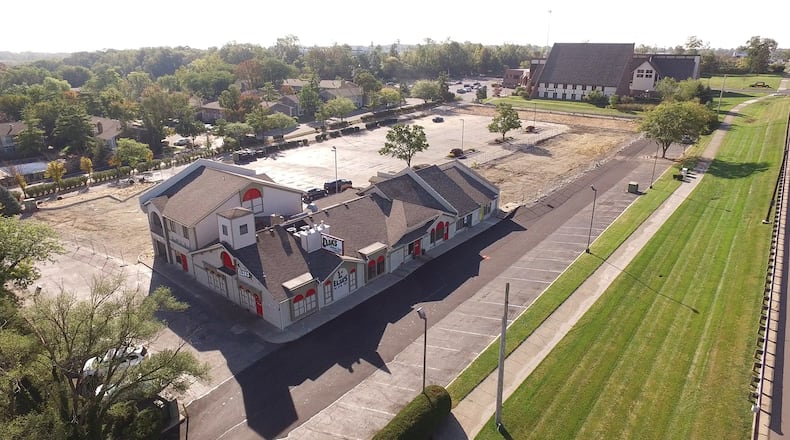Judge Angelina Jackson said that was because council overstepped its authority by making a legislative decision that went against the commission’s approval of the major site plan for Sheetz, instead of sticking to its quasi-judicial role, according to the ruling.
City council’s reversal imposed a condition on Sheetz’s use of the property that is not contained in the city’s Unified Development Ordinance, or UDO, according to the ruling. A UDO is a document regulating land-use, zoning and planning.
The court also said council did not deny Sheetz’s site plan “due to any negative impact it posed to the health, safety or general welfare of the surrounding community.”
“The City Council’s reversal was instead based on its finding that Sheetz’s proposed 24/7 operation is inconsistent with the use and character of the surrounding properties, despite the absence of any language in the zoning ordinance restricting the hours of operation of businesses in the zoning district where the property is located,” Jackson wrote.
The ruling reverses the October 2023 decision by council to reject Sheetz’s plans to construct the facility following objections by Epiphany Lutheran Church, Bethany Village retirement community and others. Council said it rejected the development because it was not consistent with the use and character of the surrounding properties.
The court’s ruling also instructed council to approve the major site plan subject to 15 conditions that had been outlined by Planning Commission in its Aug. 29, 2023 decision.
The ruling followed more than a year of legal wrangling in the case.
On Nov. 22, 2023, Sheetz, developer Skilken Gold and the owner of the Elsa’s Mexican Restaurant property sued the city of Centerville via an administrative appeal in Montgomery County Common Pleas Court.
On Jan. 31, 2024, Morse Road Development LLC (representing Sheetz) and Hemmert Far Hills LLC (representing Elsa’s) sued the city of Centerville, Epiphany Lutheran and Bethany Village in hopes of constructing the store at 6318 Far Hills Ave., where an Elsa’s Mexican Restaurant has operated for more than four decades.
In the lawsuit, the three parties accused the Bethany Village retirement community and Epiphany church of “tortious interference” with business and contract relations, plus civil conspiracy. It argued the two groups worked to breach a valid contract.
The lawsuit also accused the city of Centerville and City Council of substantive due process violations, saying the city deprived the plaintiffs of their property rights via “arbitrary and capricious actions” in the zoning process. The plaintiffs say that inflicted serious economic harm by limiting Sheetz’s ability to open its gas station and convenience store.
Lawyers representing the church, retirement village and city filed separate motions to dismiss Feb. 28 in the U.S. District Court for the Southern District of Ohio, Western Division at Dayton.
The city withdrew its motion in April. Epiphany and Bethany had their motions to dismiss denied Aug. 22.
Following a request for comment by this news outlet Tuesday, Derek Muncy, an attorney for Sheetz, Elsa’s, and Columbus-based developer Skilken Gold, said “we are pleased with the court’s decision, and we believe the court made the correct decision.”
Centerville Mayor Brooks Compton said Centerville City Council is “extremely disappointed” in the court’s decision and will meet soon with its legal counsel to evaluate next steps.
“City council’s decision to deny the proposed development reflected the city’s longstanding responsibility to balance development with preserving the unique qualities that make Centerville a desirable place to live and work,” Compton said. “City council’s denial was recognition that the proposed development does not align with the use and character of the surrounding neighborhood or the standards established in the city’s Unified Development Ordinance.”
Both Epiphany and Bethany Village parent company Graceworks Lutheran Services declined to comment on the ruling.
About the Author

